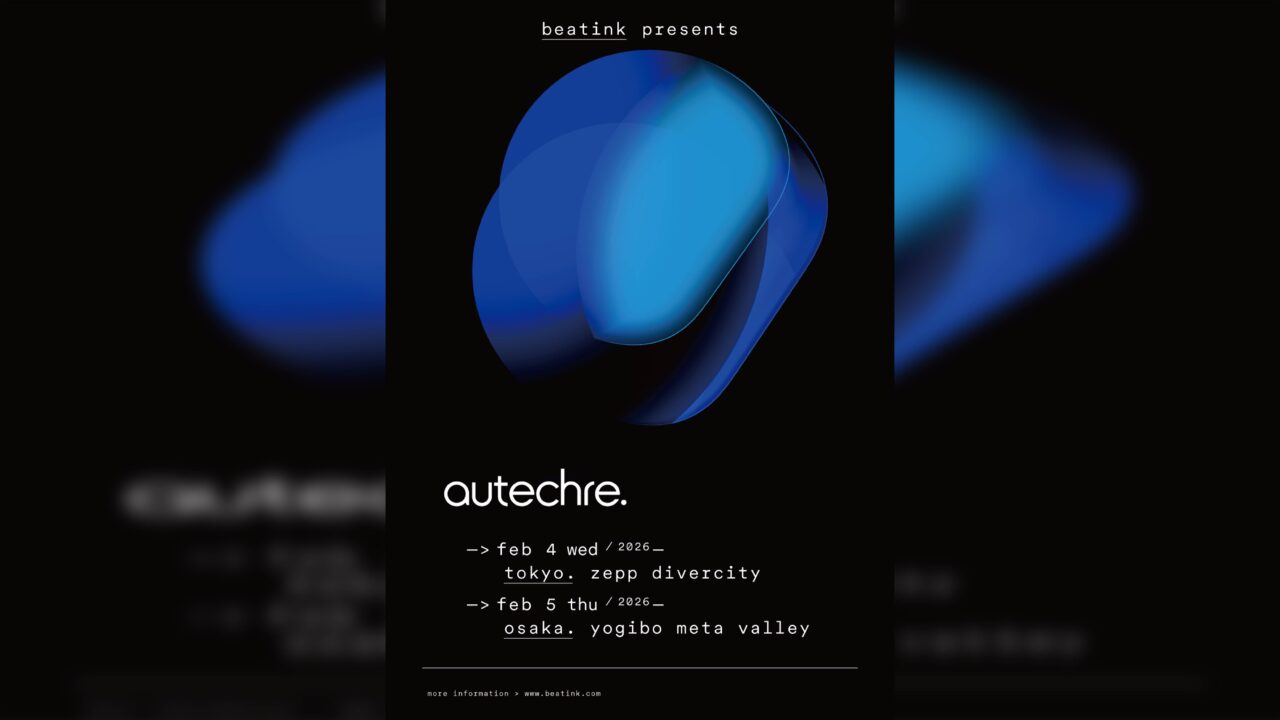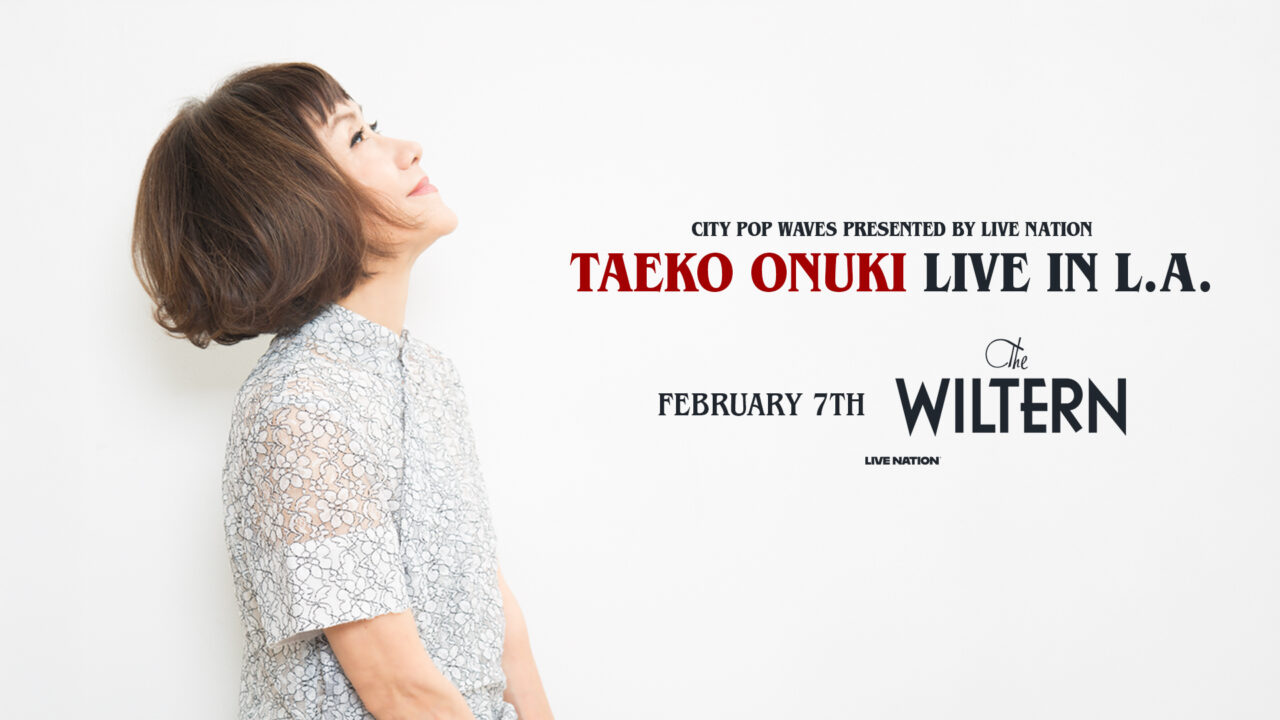INDEX
Singing Japanese is important
– One of our goals as NiEW is to publish English and Chinese articles for a global audience. When making music, do you have a global perspective?
Takagi: I think Arauchi probably faces the notes with that in mind, but I don’t think I am very conscious of it. But if I may say so, I think it is important for me to keep making music in Japanese. For example, Brazilian music that the three members of cero like is mainly sung in Portuguese, and yet there are many Brazilian songs that have become international classics. Moreover, if it were not in Portuguese, that kind of music would not be born, and I think that the music becomes unique to the region by being guided by the language.
In other words, Japanese music should be able to be more open in this way, but by the 1990s, a kind of formula had been completed, and there is a reluctance to leave that formula. In the world of rap music, there have been many attempts, but I think there is still room to use the Japanese language in singing as well as in rap music. Even if you don’t include Japanese instruments as a top feature, you can still feel Japanese-ness and Asian-ness in any number of ways, which is exactly what Ryuichi Sakamoto and others have been doing around the world. I thought that continuing to do so would ultimately provide an opportunity to think about global music.

– cero has always pursued an original flow in Japanese. Was there anything you focused on in the new album? The overall impression is more emotional than descriptive, and the singing is softer.
Takagi: Hashimoto apartment is not very loud, and I think that feeling was carried over to the main concert. Also, Masahito Komori, who engineered this project, really cared about my voice, and I think he understood the delicious parts of my voice.
In the past, cero’s stance was “Singing is secondary”. The engineer understood this and said “You are people who want to show the whole structure of the song rather than the singing”. We thought that was fine. But this time, when we did it without discussing it with Mr. Komori, his voice came out more loudly than any other singer in our history, and that was very fresh for me. Especially “Nemesis” is a song that is mainly sung, so I thought “My voice is leading this song. It’s pretty good” and I think that had an impact on the overall sound.

– How you approach the voice is an essential global trend in sound design in the 2010s.
Takagi: Indeed, it is something like after ASMR. Komori has worked with many people, including Hikaru Utada, and I think he really thought about what kind of balance would be best to install in cero, while keeping the trends in mind.
– I’m curious to see how this album will be received in the world.
Takagi: I feel that this is the most universal work among our past works, so if someone were to ask me, “Which one should I listen to first?” I would recommend “eo”.”WORLD RECORD” and “My Lost City” were made in close connection with my own surroundings and things in Japan, so I was a little doubtful that people would understand their merits if they heard them without that context, but even if you remove all of that context from “eo” I think there is still room for people to say “That’s cool”.


























